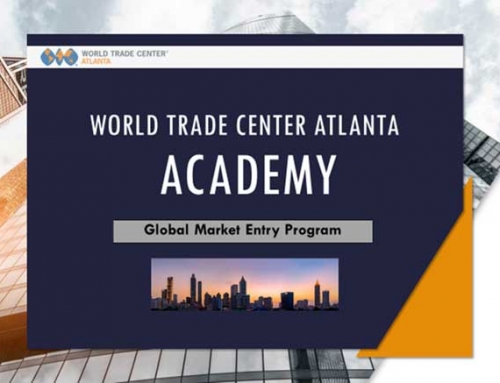Do you understand enough of the current economic environment and new tariff increases to make informed fiduciary decisions for your business? Birchtree Global trains business leaders now to make good decisions for their companies using accurate, fact-based information. We recommend you read the research and watch the upcoming webinar, “Aftershock The pervasive effects of tariff hikes” produced by the Economist Intelligence Unit, a division of the Economist.
https://pages.eiu.com/Feb19PublicPolicyAftershockEMEAUSMKT_Aftershocklandingpage.htmly
This report examines ten areas likely to be negatively affected by tariff increases. Listed below is a summary of their findings which will be discussed in depth in the webinar. The information will help business strategists, HR and Finance executives, as well as globalizing businesses identify key trigger points that may affect business operations and require organizational reset.
This report provides insight on the following areas, which affect all business operations, particularly those of us in global business:
Inflation, Supply Chains, Export Growth, Productivity and Rent-Seeking, Economic Growth, Poverty, Inequality, Health, Environment, Politics.
“Inflation: Tariff increases will likely cause an uptick in inflation in the US, particularly if the dollar weakens. The UK appears even more vulnerable to an inflation spike.
Supply chains: Tariffs are unlikely to lead to major new “reshoring” of production back to the US. Some companies will shift production from China to neighboring countries, but this is a more costly and complex process than many imagine.
Export growth: Retaliation from other countries means that import tariffs will act as a “tax on
exports”. Export-focused sectors like the UK automotive industry are at risk.
Productivity and rent-seeking: Tariff hikes will channel resources towards import-competing
firms and shield them from competition, weakening productivity growth.
Economic growth: Tariff increases hurt economic growth, although the timing and scale of these negative effects will depend on a variety of factors.
Poverty: Tariff increases are likely to disproportionately hurt poorer households through their
effects on inflation and/or employment.
Inequality: Tariff increases may have a certain equalizing effect if they disproportionately affect
output in high-value-added sectors and facilitate the expansion of low-value-added sectors, as
is expected with Brexit. However, any boost in inequality would come as a result of a decrease
in overall output and growth.
Health: While not the focus of recent tariff increases, tariffs levied on health products can cost lives, particularly if developing countries implement them (for instance, as several already do on mosquito nets).
Environment: The EU’s experience of levying tariffs on Chinese solar panels demonstrates that such moves can hurt environmental goals—an effect that the US is now likely to experience.
Politics: Recent tariff increases are a response to the political polarization caused by trade liberalization. They are more likely to exacerbate this polarization, rather than address it.

